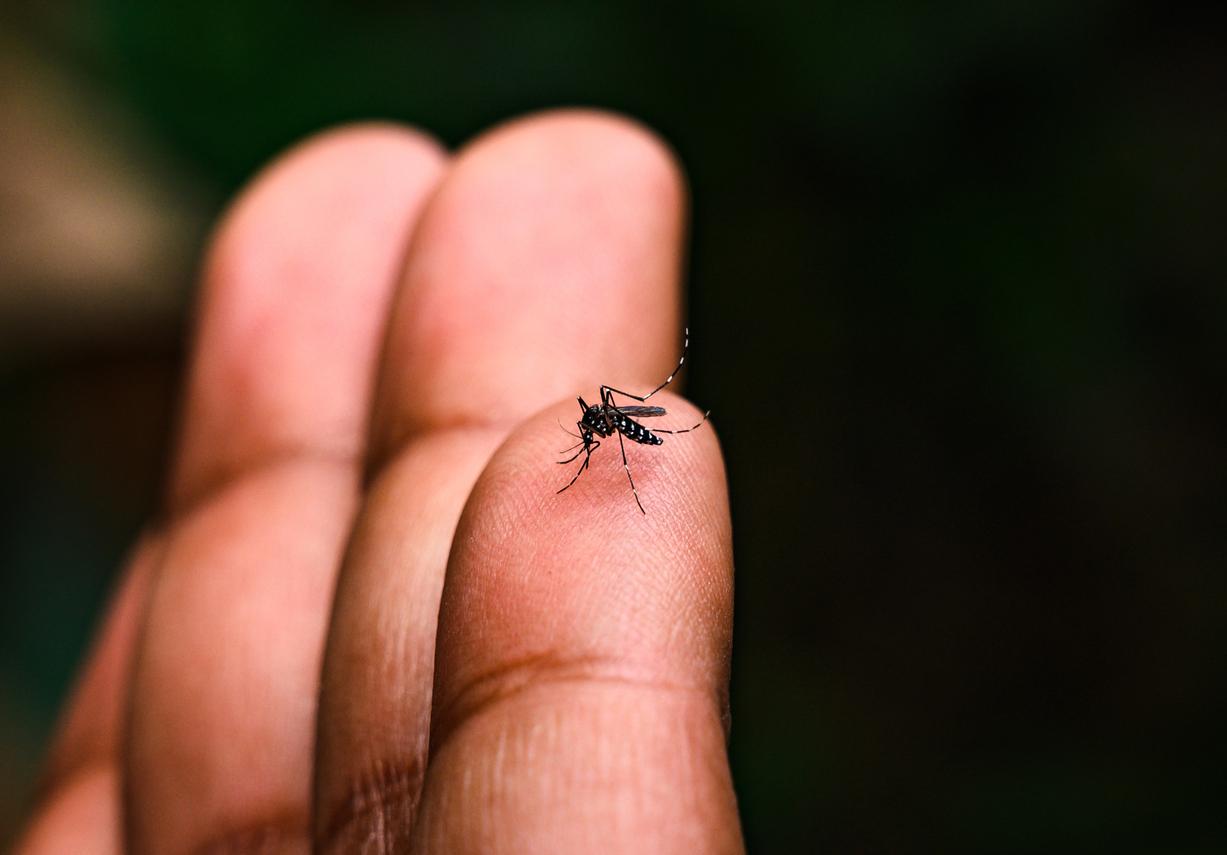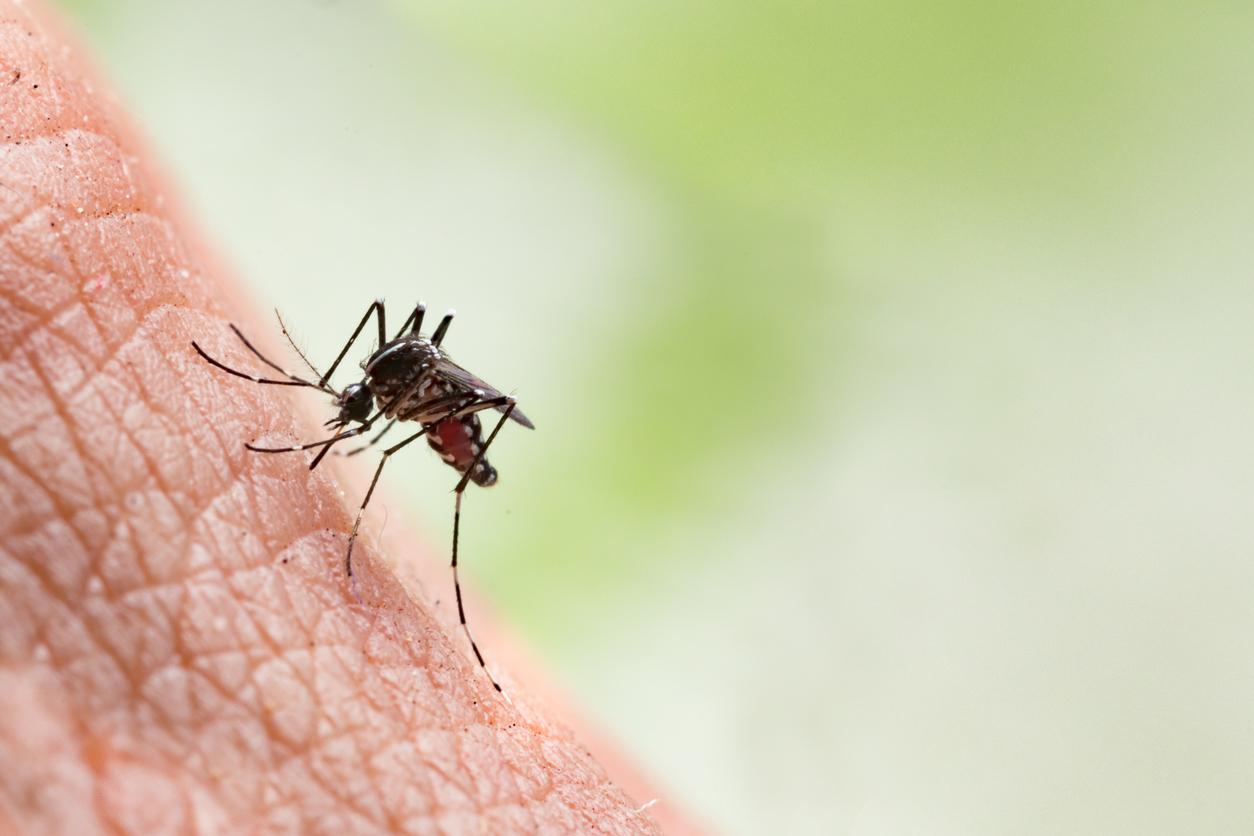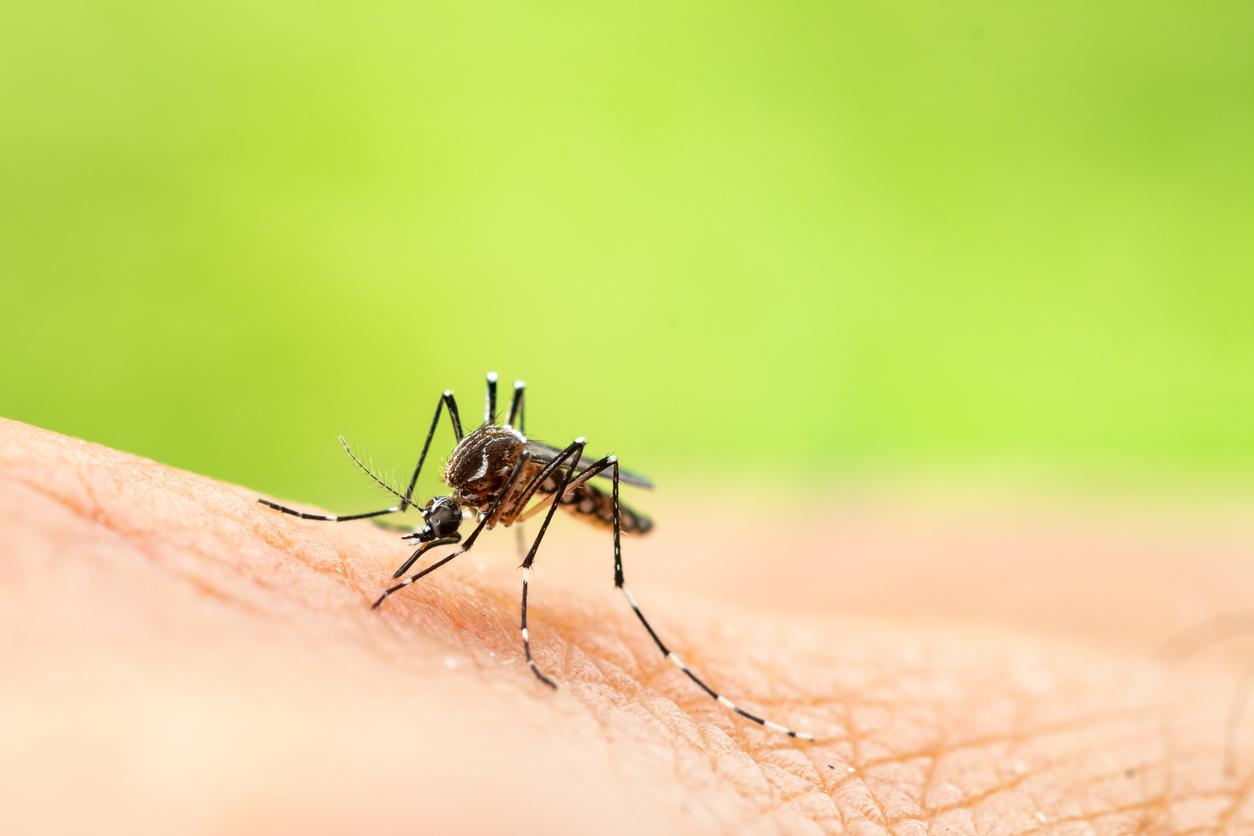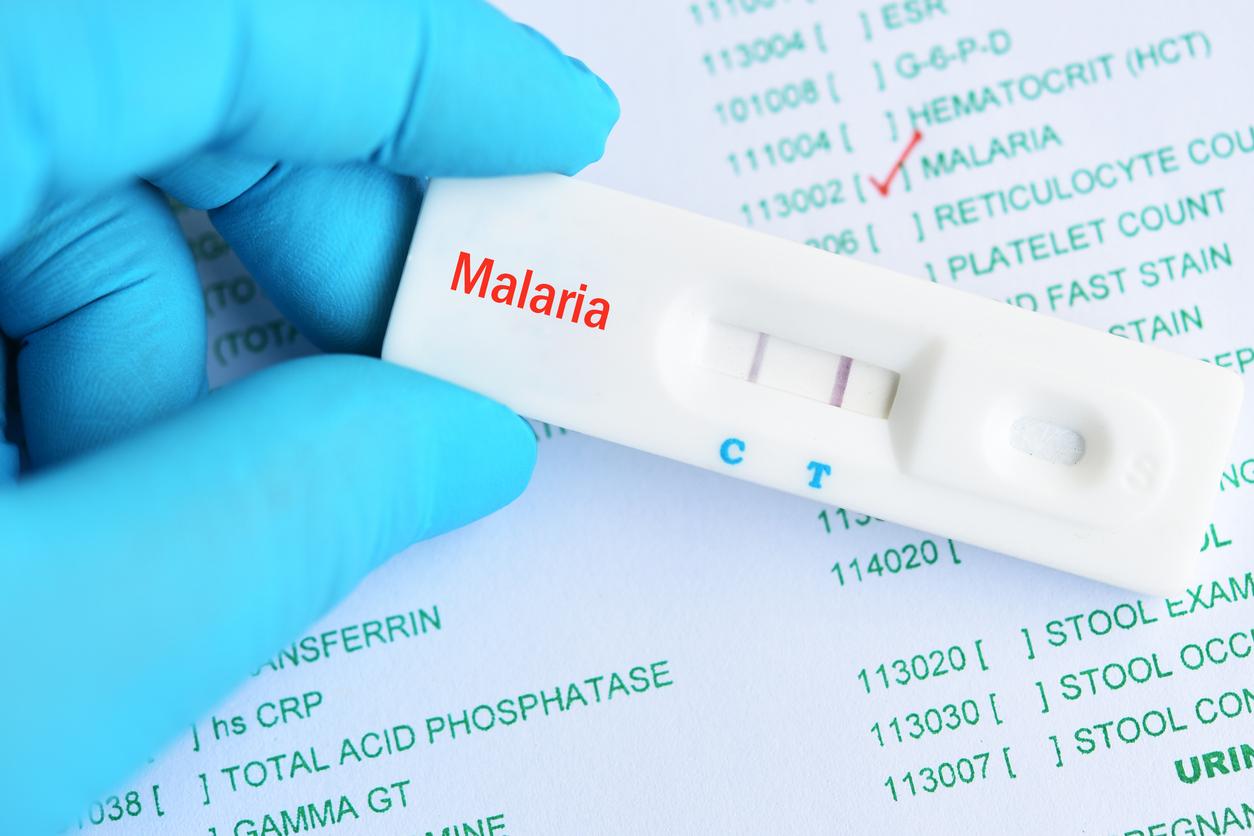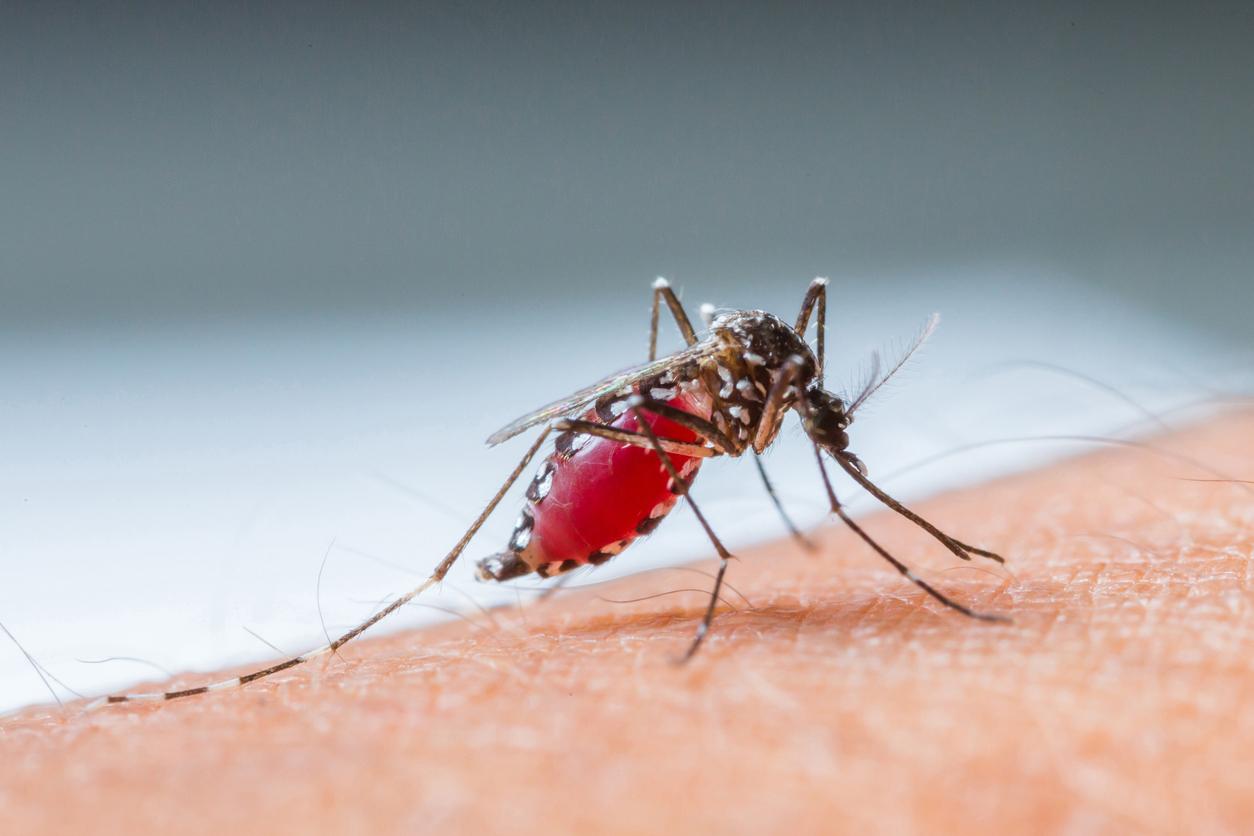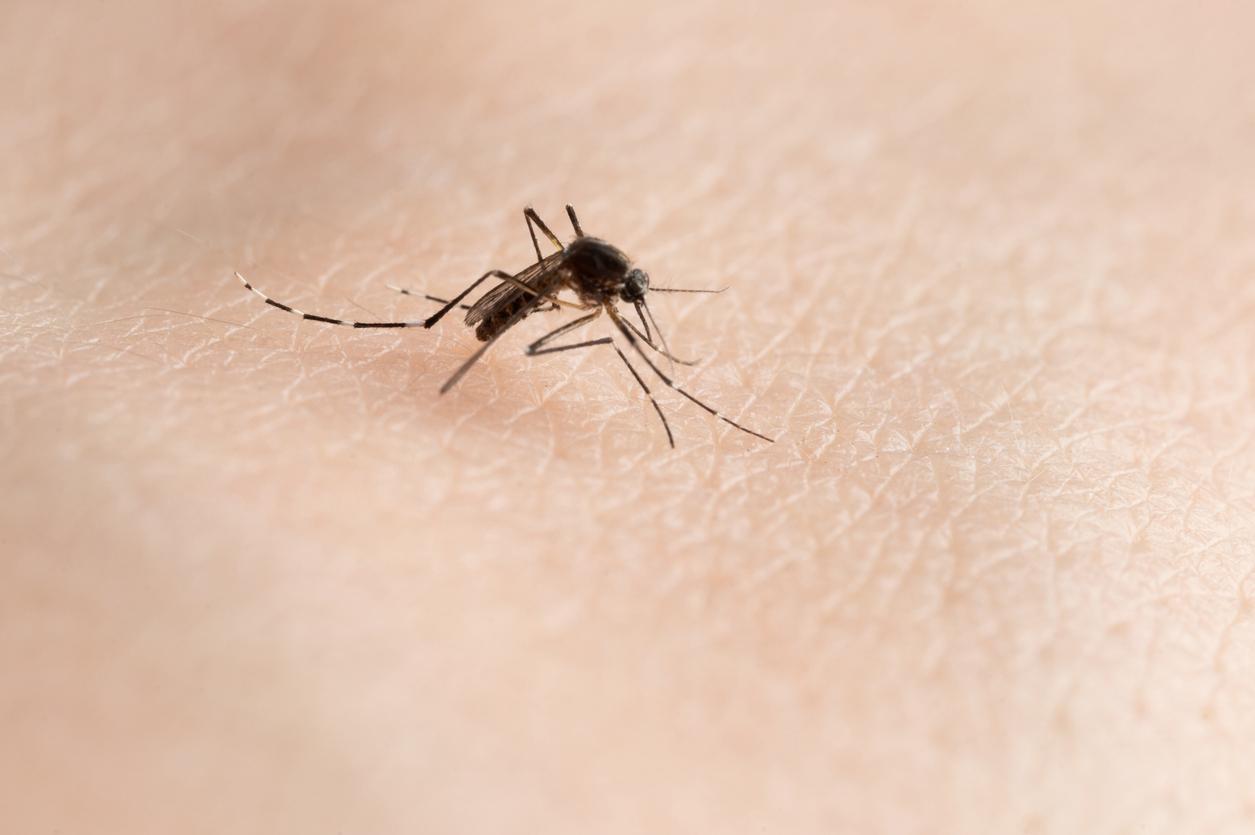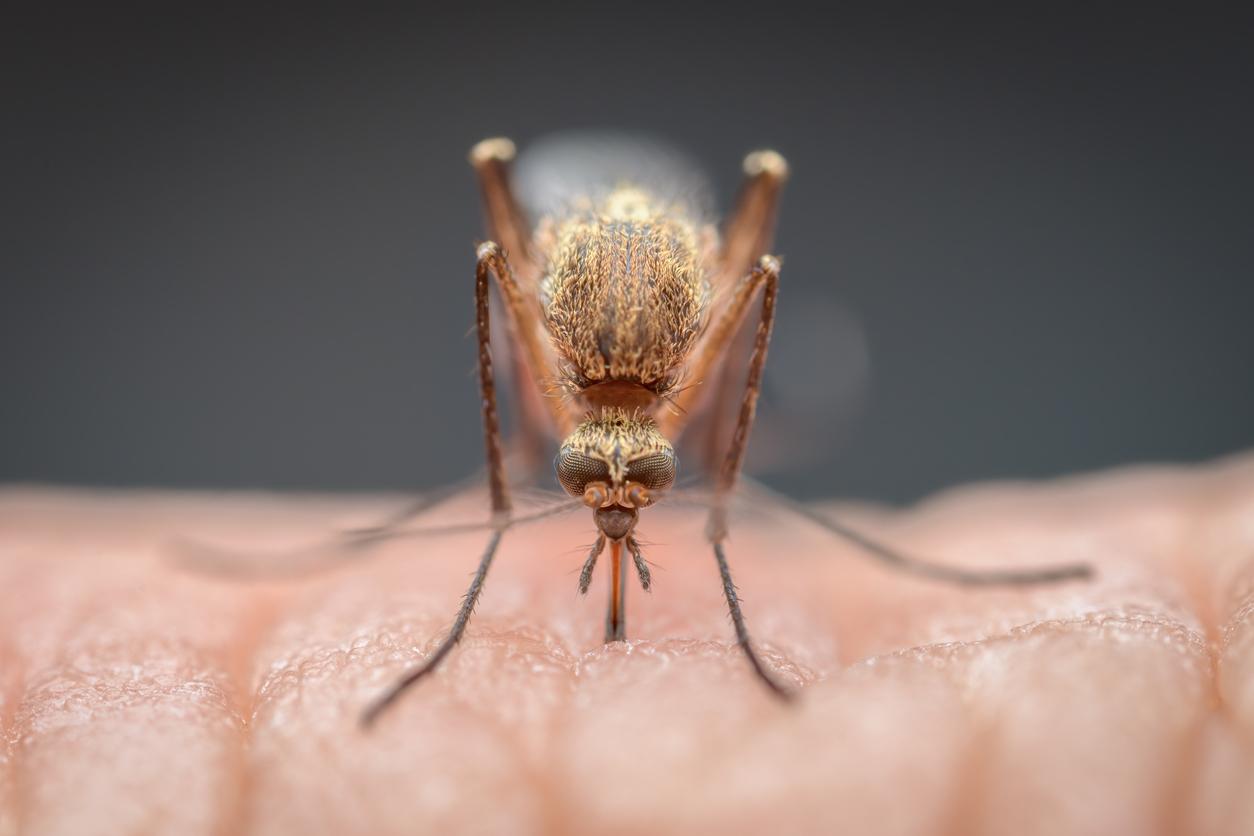About 3.2 billion people, almost half of the world’s population, are at risk malaria. This deadly disease transmitted by mosquitoes infected with the parasite (of the genus Plasmodium) kills on average 500,000 people every year. Scientists from the University of California (USA) are therefore looking for new ways to fight the disease.
The latest involved placing a gene resistant to malaria in the DNA of mosquitoes so that when they bite humans, they are no longer able to transmit the virus. Hundreds of mutant mosquitoes have thus been created in the laboratory. During this experience, the modified mosquitoes transmitted their anti-malarial genes to 99.5% of their offspring, making this experiment a real success.
Beware of ecological consequences
“It’s an important first step” pointed out Prof. James Anthony, professor of microbiology and molecular genetics at the University of California School of Medicine. “The technology used will allow us to create large populations of genetically modified mosquitoes”.
However, many international scientists are urging California researchers to be cautious, pointing out that “the accidental release of living modified organisms could have unpredictable ecological consequences”. Researchers must therefore take all precautions to prevent unintentional dissemination. “Prior to field trials, researchers will need to test their insects in cages placed outdoors to determine the potential for operation on a larger scale” they insist.
Read also :
Malaria: a new form of the disease is emerging
Drones to catch mosquitoes
Ebola epidemic leads to an explosion of malaria










